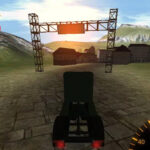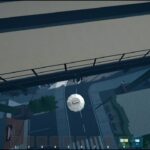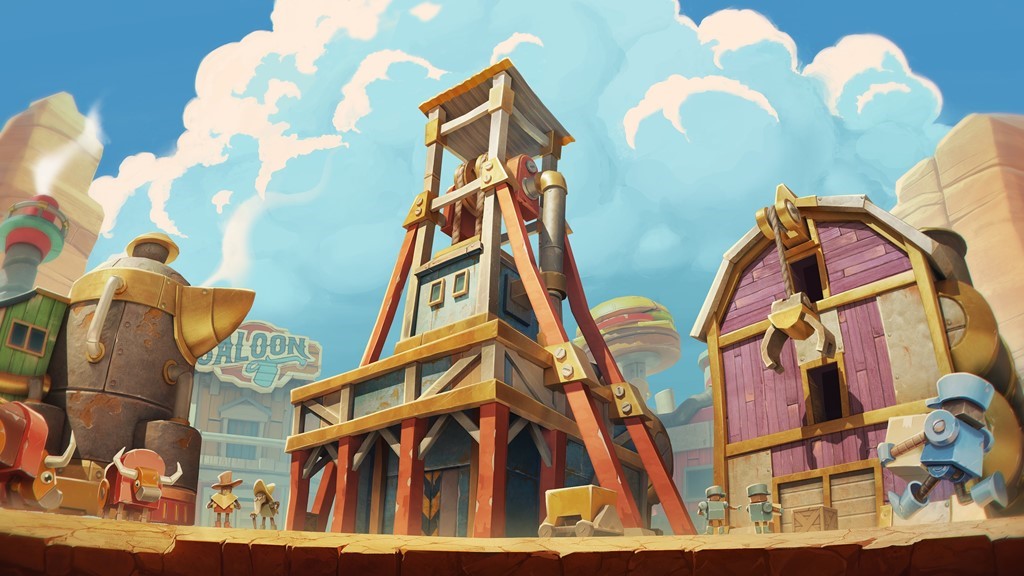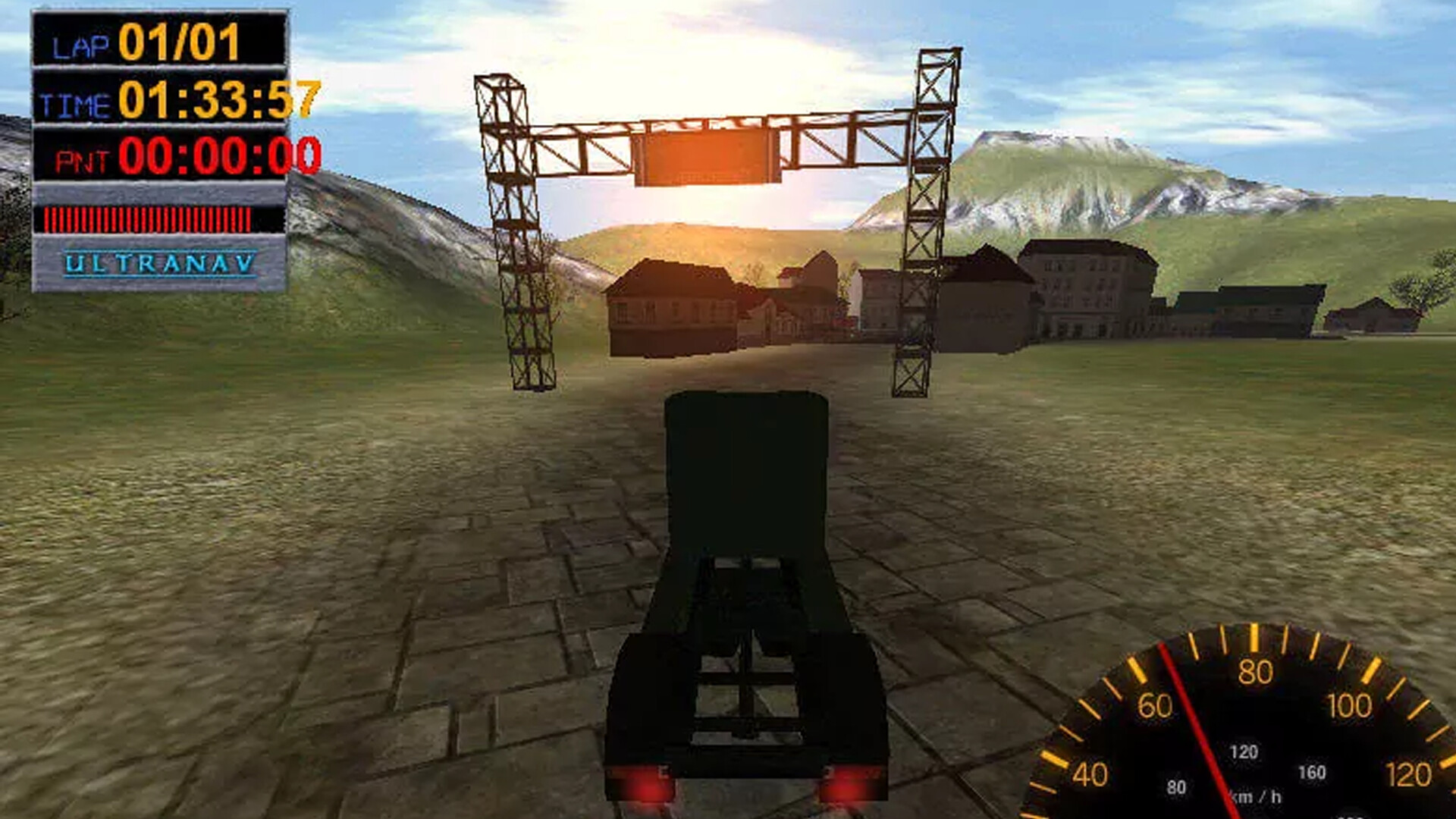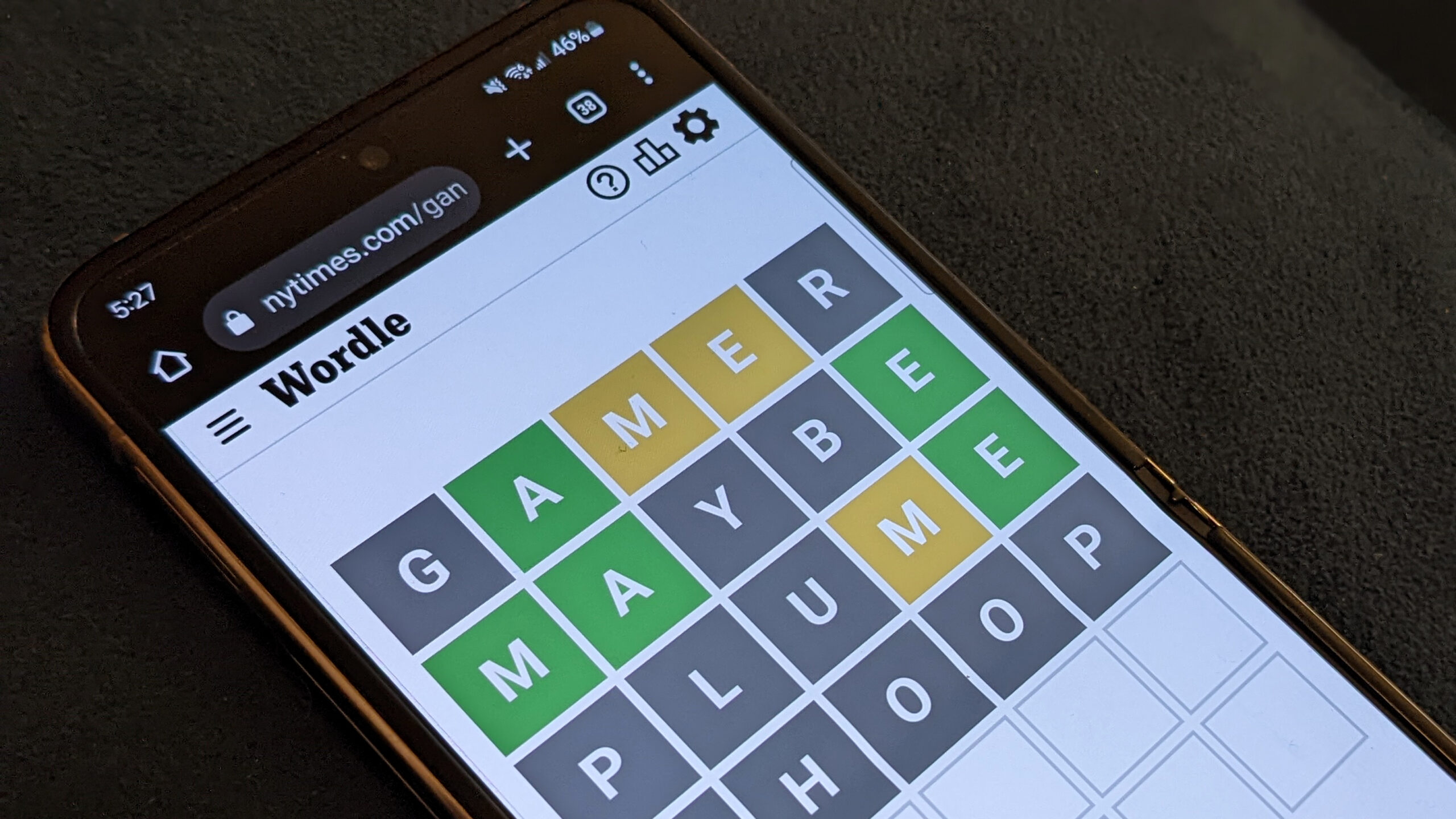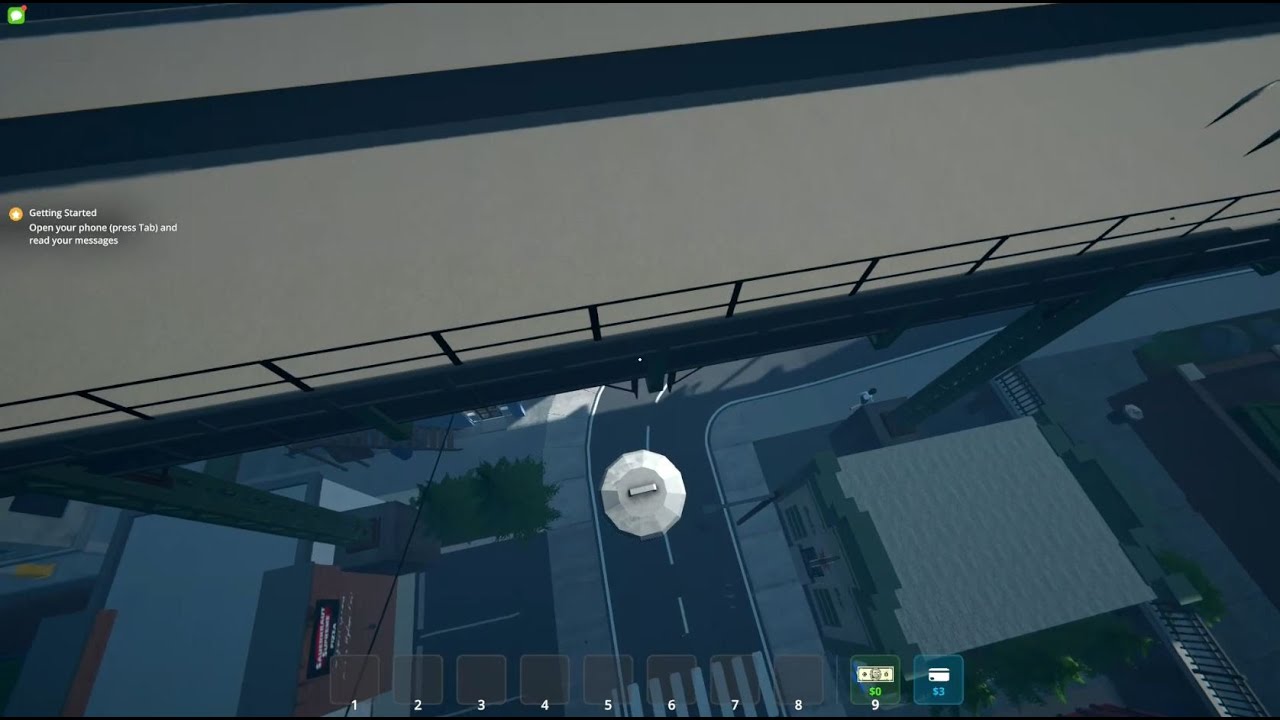What is it? A city builder with Dungeon Keeper-like layers, set in a world of steampunk robots.
Release date December 1, 2023
Expect to pay TBC
Developer The Station
Publisher Thunderful Publishing
Reviewed on Nvidia Geforce RTX 3080, AMD Ryzen 9 5900X, 32GB RAM
Steam Deck Playable
Link Official site
For a decade now, the SteamWorld games have been carving out their own lovely little niche, bringing charm, accessibility, and a brisk pace to a selection of different genres. They’ve not put a foot wrong yet, but this latest entry is a risk—it’s the first SteamWorld game not developed by original creators Image & Form, with The Station taking the reins instead. Does it live up to its predecessors? Well… not quite, but that doesn’t mean its mash-up of city building and Dungeon Keeper-like underground excavation isn’t still a very pleasant way to spend a weekend.
A gentle introduction sees you building up a frontier town of steampunk robots by plonking down charming, chunky little buildings and connecting them up with roads. It’s a deliberately straightforward take on city-building—similar to the Anno series or The Settlers, there’s a big focus on creating supply chains that refine resources into other resources (and potentially then refine them further into yet more resources) to fuel your expansion.
Houses generate workers, needed to run various other buildings. Meet your workers’ needs by building necessary services nearby—such as a water source and a general store—and they’ll multiply, maximising each house’s output. As you hit “milestones” of population, new needs are revealed; keep meeting those new needs and soon enough it becomes possible to upgrade fully happy workers into engineers, who enable all sorts of new buildings to be placed. But engineers require their own unique services to make them happy, so suddenly you’ve got to fit all those in too. Once you do, you’ll be able to upgrade them into an even more needy form, and so on.
SteamWorld Build is constantly unfurling new layers like this, and it’s a really clever approach to the genre. Not only does it mean new complexities are only added once you’ve fully gotten a grip on what’s already in front of you, but it also gives what can be a stuffy style of game a great sense of discovery and surprise. But its most impressive reveals happen underground.
Once your town is up and running, you’re able to start mining, switching to a new underground map with its own totally different gameplay. Down here is where you find the Dungeon Keeper influences. You’re marking out blocks of rock for your miners to dig through, to excavate out space and gather resources. In these newly formed caves, you place not buildings but room tiles, marking out different zones for different functions and slowly expanding them as you dig out your surroundings further and further.
(Image credit: The Station)
Though it runs on different rules, this underground layer is symbiotic with your overground settlement—each gathers resources the other needs, and you’re able to hop seamlessly between the two as you strive to keep them in balance. It’s a lovely way to inject more variety into a relatively simple game, and whenever things get slow on one layer—for example, when cash runs low in your town and you need to wait before you can build anything new—it’s the perfect time to switch over to the other and do something totally different.
Keep building and digging, and before too long deeper underground levels are revealed—each their own map, all running simultaneously. In these deeper realms, your presence isn’t welcome. Monsters roam and resist your expansion, and periodically swarm you in waves, adding a new layer of tower defence to the game.
Time is money
(Image credit: The Station)
The actual difference between a well-run mine and a disastrous one is just how long it takes to produce the resources you need.
By the later stages of SteamWorld Build there’s a lot to keep track of, but it’s never a hectic game. Nothing can really go that badly wrong. Production in your town might be stifled if it’s mismanaged, but it’s not going to collapse, and even monster attacks below ground mostly just leave structures and robots broken and in need of repair rather than destroying them. There’s no threat of a game over looming; you never even really need to rebuild after a crisis, instead just waiting a few minutes for order to automatically reassert itself.
On the one hand, that’s a smart move in a game that wants you to be moving between different maps—if you were worrying about your mines every time you went to rearrange your residential district, you’d never be able to focus. The obvious flipside of that is there’s very little pressure on you to play well, and after a certain point it becomes clear that time is the only thing at stake. The actual difference between a well-run mine and a disastrous one is just how long it takes to produce the resources you need, and it can be hard to shake the thought that instead of spending five minutes tweaking your digger’s route to the ore veins, you could just watch funny videos on your phone for 15 and end up with just as much metal.
Like most city builders, it’s ultimately a game about trying to make your little engine of a settlement as efficient as possible—but with no real obstacles in your way or other factions to compete against, that quest for efficiency just exists for its own sake. That’s not a dealbreaker—ultimately it is inherently more satisfying to make +30 tools a minute than +5—but it does leave the game somewhere a little on the wrong side of sedate.
You’re not left with that feeling for too long, at least, because the complete experience of SteamWorld Build is actually very short. A complete run of the story—a fairly thin tale of building a giant rocket to escape the planet—only takes about five hours, and though you’re encouraged to replay it on different maps to unlock new and powerful building types, there’s not really enough that changes run to run to make that a tempting offer.
(Image credit: The Station)
I actually found that short run time refreshing—it’s rare to be able to just sit down with a city builder, see all the fun stuff it has to offer, and get a satisfying conclusion in a weekend. There’s loads of fun stuff crammed into that time, and unlike some examples of the genre it doesn’t feel padded out or repetitive.
But I can see that there may be a mismatch of expectations there—people come to city builders ready to lose dozens or even hundreds of hours, whether building their perfect metropolis in a vast sandbox or playing through a multi-scenario campaign. SteamWorld Build simply doesn’t offer that, and genre veterans are likely to be disappointed by the size of the offering here.
It’d be a great first dip into the genre for a newcomer, especially a younger gamer.
If you take it for what it is, SteamWorld Build is a charming and very chill way to get a quick city builder fix with enough interesting twists to stand out. It’d be a great first dip into the genre for a newcomer, especially a younger gamer—someone who’ll really benefit from how accessible and forgiving the game is. But it does feel very slight in a genre full of heavier hitters, and there’s no reason this concept couldn’t have been expanded further into a more substantial experience.
Though, as I say, accessibility and brevity are both hallmarks of the SteamWorld games, Build doesn’t fit as neatly into the existing series as it could either. Its central genre mash-up concept is a great one, but it doesn’t feel as innovative and gleefully experimental as Image & Form’s entries. Neither can it quite match their personality. Though the little animations of your bots running around and producing oddities like sparkling oil wine and cactus water are pleasing, the story and characters feel like an afterthought, and your view high above the action makes you feel detached from their strange steampunk world. Though it’s very pleasant and in some ways quite clever, Build is the first SteamWorld game that I can’t give an unreserved recommendation.


